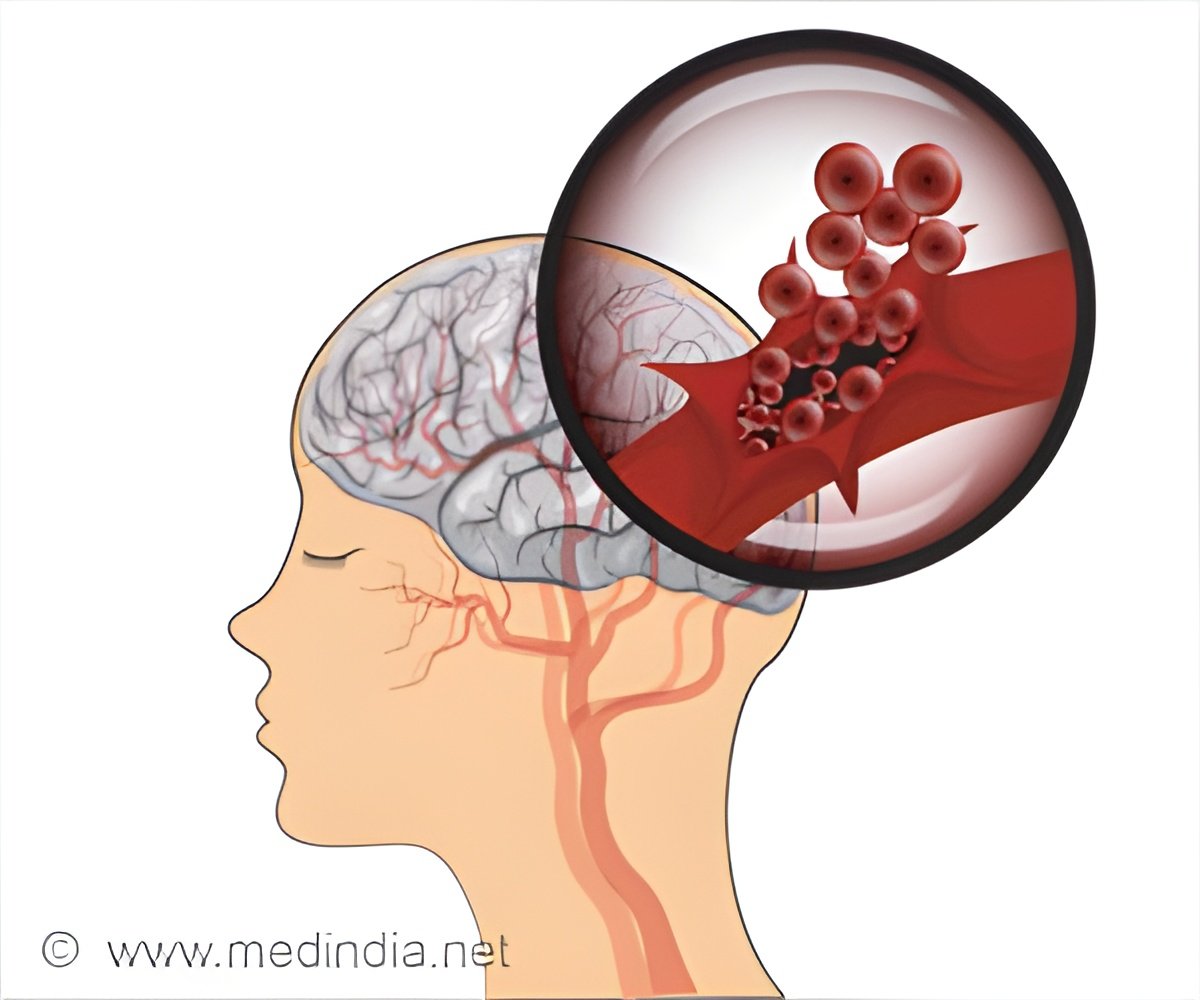Despite the reduction in stroke deaths worldwide, stroke rates have increased in people below 55 years, according to a new study.

‘Concerted global effort could improve stroke prevention, care, and surveillance especially in younger adults and people in low and middle income countries.’
Read More..




Deaths from stroke have been falling worldwide for several decades, but it is unclear to what extent this is due to a decrease in the number of strokes occurring (event rate), the number of people dying from stroke (case fatality), or a combination of the two. Read More..
To explore this further, researchers at the Nuffield Department of Population Health, University of Oxford used hospital and mortality records to analyse data for all residents of England aged 20 and older who were admitted to hospital with stroke or died from stroke between 2001 and 2010.
Their results are based on 947,497 stroke events, including 337,085 stroke deaths, in 795,869 people. The average age at onset of stroke was 72 years for men and 76 years for women, and the average age of those who died from stroke was 79 years for men and 83 years for women.
After adjusting for age and other potentially influential factors, stroke deaths decreased by 55% during the study period.
For example in men, death rates decreased from 140 per 100,000 in 2001 to 74 per 100,000 in 2010, and in women from 128 per 100,000 in 2001 to 72 per 100,000 in 2010. And while a reduction was seen in all age groups, the largest annual reduction was in those aged 65 to 74 (-8.1% in men and -8.3% in women).
Advertisement
The remaining 22% and 34%, respectively, was due to a reduction in event rates, which decreased by 20% overall. However, in people younger than 55 years, event rates increased by 2% each year, which contrasts with the downward trend seen in other age groups.
Advertisement
Nevertheless, they say the large study size over a continuous period of 10 years suggests that the findings are reliable and applicable to the whole of England.
"Our findings show that most of the reduction in stroke mortality is a result of improved survival of patients with stroke," write the authors.
"However, acute and long term management of such patients is expensive, and the NHS is already spending about 5% of its budget on stroke care. By focusing on prevention and reducing the occurrence of stroke, major resources can be conserved," they conclude.
This view is supported by researchers at the University of Toronto in a linked editorial, who say that while more people are surviving after acute stroke, prevention remains a key priority.
Targeted prevention is particularly needed in populations in which the incidence of stroke is increasing, such as in younger adults, certain racial/ethnic groups, and people in low and middle income countries, they add.
These findings expose another societal challenge: the growing share of overall stroke burden borne by survivors, they write. "Tackling this major public health problem requires a concerted global effort to improve stroke prevention, care, and surveillance," they conclude.
Source-Eurekalert












